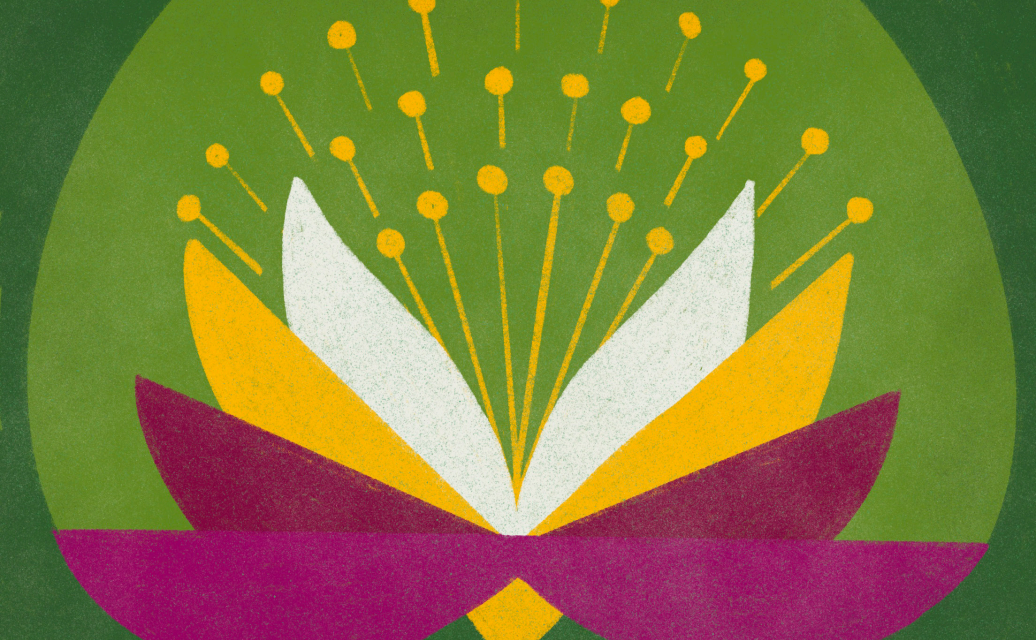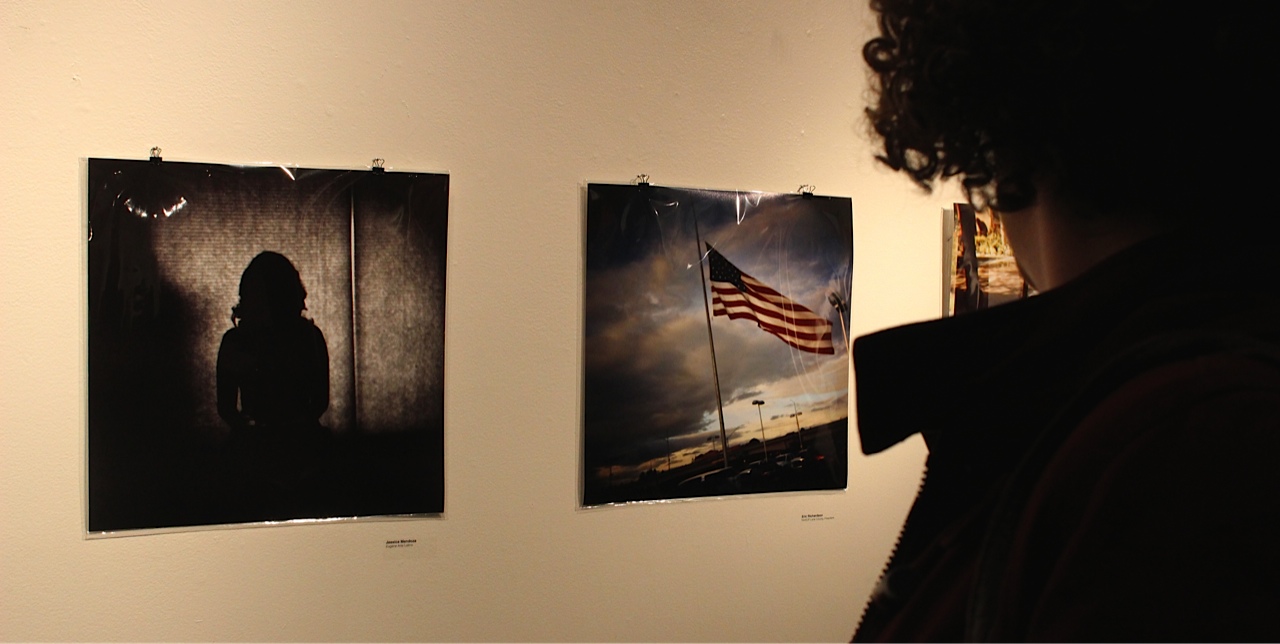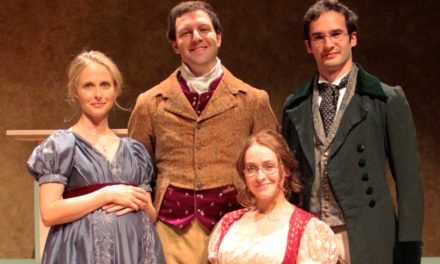By Daniel Buckwalter
(#CommonManAtTheSymphony)
I don’t know this for certain, obviously, but I believe I would have enjoyed the company of Igor Stravinsky.
At a minimum, he was an artistic rebel, and he loved celebrating Russia’s long-ago pagan rituals.
That was on full display on Sept. 26 at the Hult Center’s Silva Concert Hall when the Eugene Symphony Orchestra gave a rambunctious performance of Stravinsky’s The Rite of Spring, an exhilarating if raw and harsh masterpiece composed in 1913 as part of a ballet that, in its debut in Paris, actually sparked a riot in the audience.
No such riot took place at Silva Concert Hall.
On the contrary, Francesco Lecce-Chong, Eugene Symphony’s artistic partner and the conductor for opening night, as well as the orchestra, received a well-deserved ovation for having endured magnificently the challenging and chaotic 30-minute-plus score that had upended the norms of the time.
It was a provocative start to the symphony season, and everyone looked ready for a beer afterward.
Fortunately, Lecce-Chong decided to start opening night with two pieces that were closer to melodic. There was the majestic Bedřich Smetana piece The Moldau, part of Smetana’s six-piece cycle Má vlast (My Homeland), celebrating Czech national pride.
That was followed by a sterling, virtuoso performance by guest violinist Benjamin Beilman in Jennifer Higdon’s Violin Concerto, a performance worth listening to again.
After intermission came the mayhem of Stravinsky’s The Rite of Spring.
It’s a two-piece composition that dispenses with the melodic story line of European composers of the time and reaches for the rituals of a distant past. Indeed, its sometimes guttural sounds make it seem like the piece was born on the dirt streets of ancient Russian villages rather than a refined high-end conservatory.
Stravinsky was all-in when composing this landmark piece.
There are primal elements with pre-Christian subsection titles such as Ritual of Abduction and Ritual of Rival Tribes in Part I as well as Mystic Circle of Young Girls and Sacrificial Dance (The Chosen One) in Part II.
The Rite of Spring is a unique symphony even today, and it made for a captivating start of this year’s Eugene Symphony season. I look forward to more.
The Sept. 26 concert was dedicated in memoriam to Richard Meyn, a double bassist for the Eugene Symphony who died August 18 at age 75. Meyn joined the Eugene Symphony in 1973 and was Principal Bass from 1975 to 2019 before stepping back into the section. He continued to play with both the Eugene Symphony Orchestra and the Corvallis Symphony Orchestra until his death. Meyn also was among the founding members of the Oregon Mozart Players. A memorial service for Meyn was held Sept. 14 at the Spirit of the Valley United Methodist Church in Halsey.












